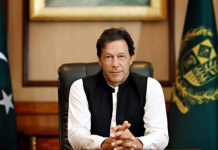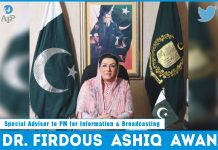مضمون کا ماخذ : لاٹری کے نتائج
متعلقہ مضامین
-
RUDA celebrates Marka-e-Haq, 78th Independence Day
-
Ramazan & Wellness: Cook Smart, Eat Better, Feel Energized with Soya Supreme Olive Cooking Oil
-
Rs724.4m spent on Red Zone security in Islamabad in 2022-23
-
PM Shehbaz thanks Trump for supporting peace efforts in South Asia
-
Little Red Riding Hood رسمی تفریحی لنک
-
فگوایشی آفیشل انٹرٹینمنٹ اینٹرنس: تفریح کا بہترین ذریعہ
-
Extremely Hot 5 Supreme سرکاری تفریح ویب سائٹ
-
49 Jars of Gold Entertainment کی سرکاری لنک
-
Jixiang Longhu تفریحی پلیٹ فارم قابل اعتماد
-
Pakistan wont be first in South Asia to resume nuclear testing
-
Army chief, US special envoy discuss security
-
Mafia Chaos App ڈاؤن لوڈ انٹریس










